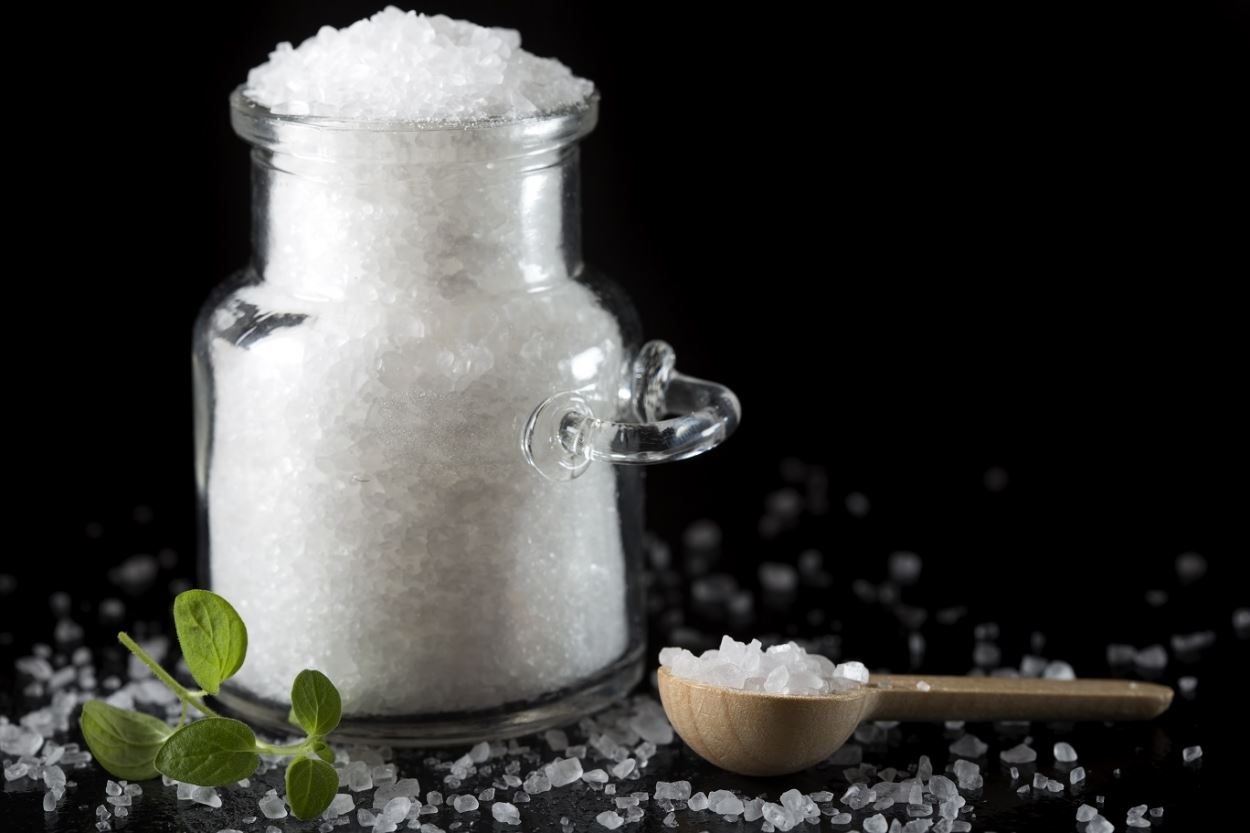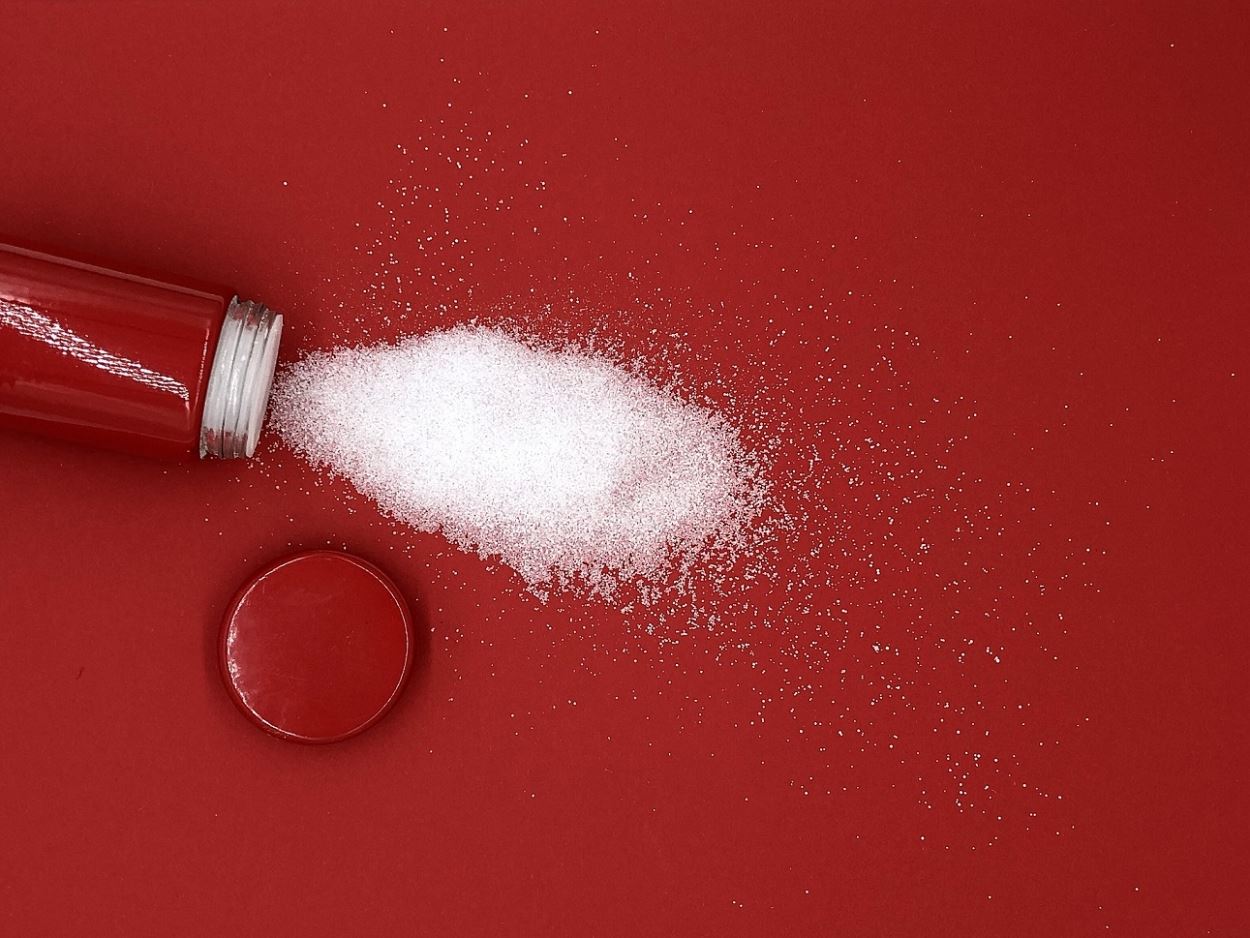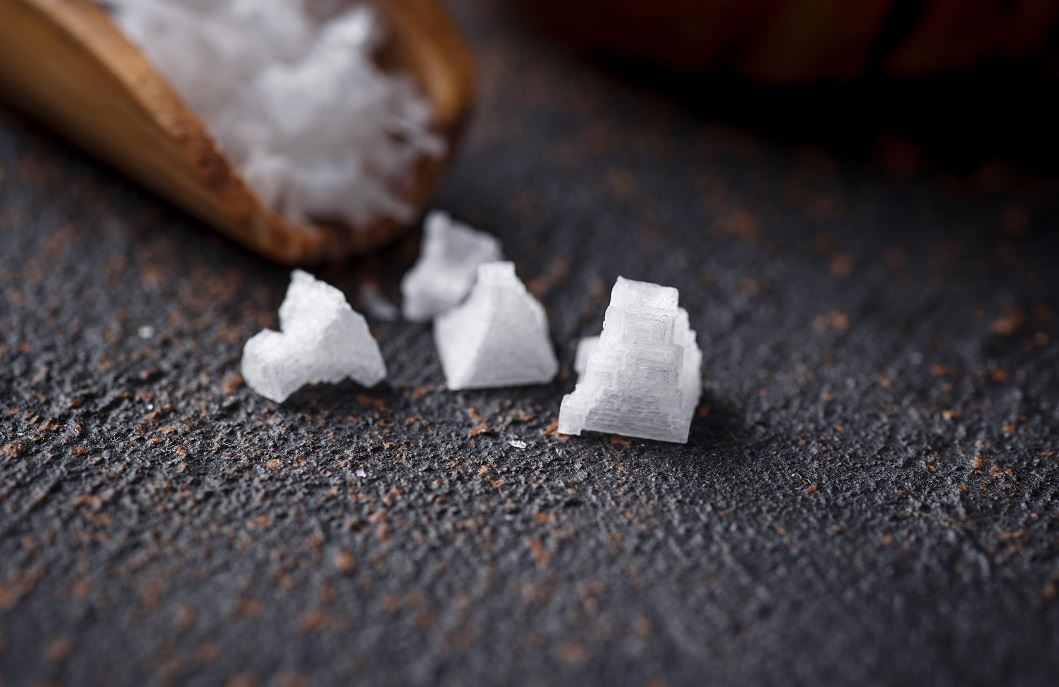What Are Sea Salt Nutrition Facts?
2020-11-19(68826)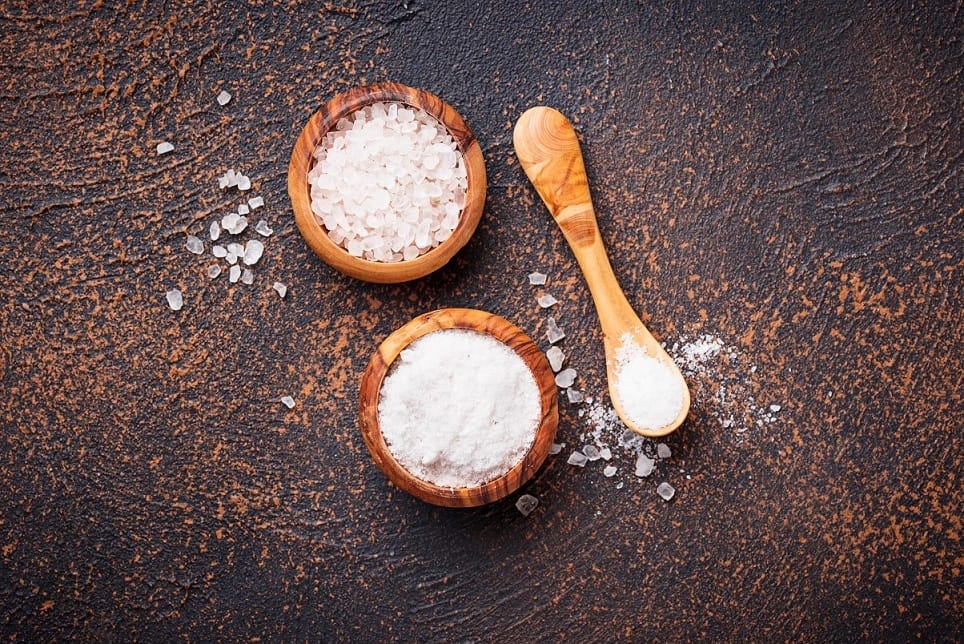
Sea salt is produced by the evaporating seawater. While the evaporation techniques might vary, it has been harvested and used for seasoning and preserving food since prehistoric times. Today, sea salt is popular not only for its culinary uses but also as a significant ingredient in many products such as body scrubs and beverages.
Food experts or gourmets believe that sea salt gives a better texture and taste when seasoned on food. Some claims consuming sea salt is healthier than regular table salt. How accurate are these claims? Is there a notable difference between sea salt nutrition facts and table salt nutrition facts?
In this article, as Koyuncu Salt, Turkey’s largest salt producer, we will discuss mainly sea salt nutrition facts and sea salt vs. regular salt. Continue reading to find an answer to the question, “is sea salt good for you?”
Sea Salt Nutrition Facts
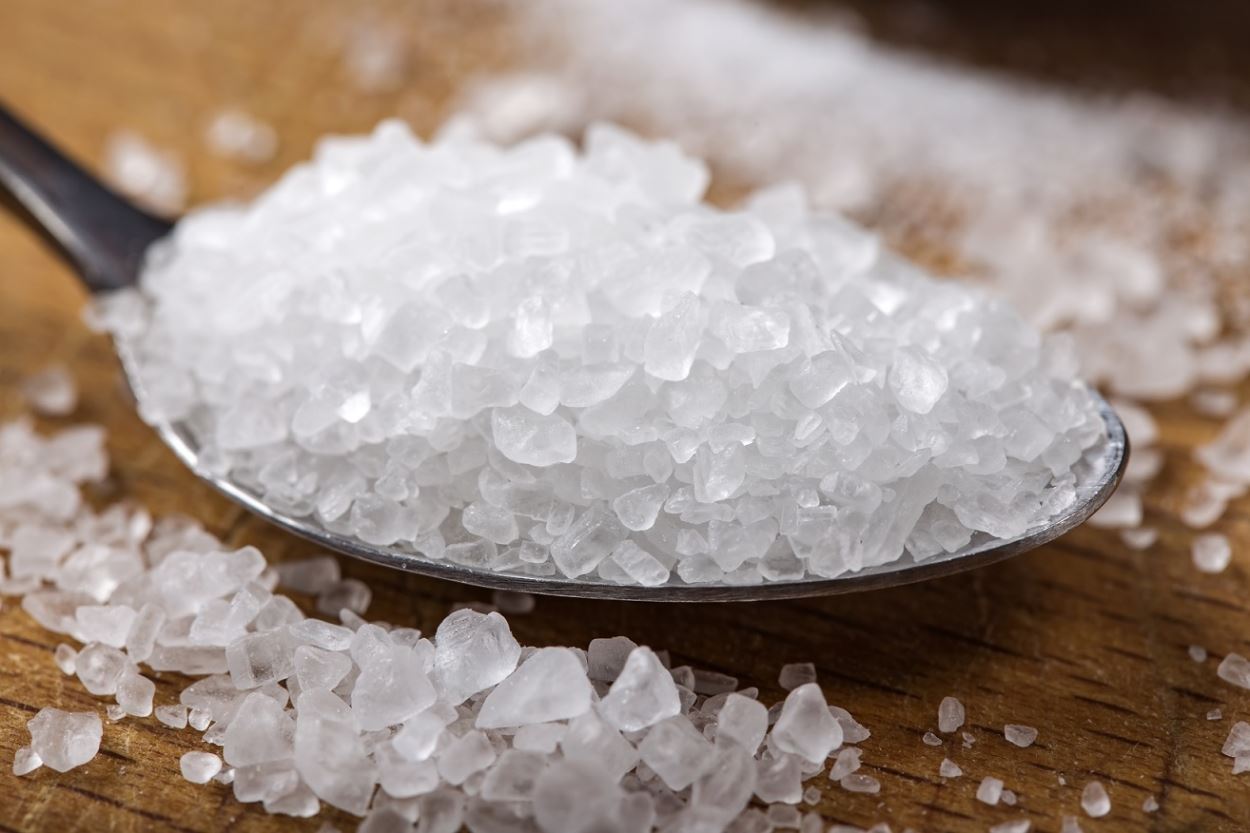
The principal component of sea salt is sodium chloride, while the remaining portion consists of other trace minerals. These trace minerals mostly include potassium, calcium, and magnesium, which are found in natural seawater. The commercial sea salts in the market may vary in their chemical composition as the harvesting place and method change. However, the ion composition of natural saltwater is relatively stable.
|
mg/l |
|
|
Chloride |
18 980 |
|
Sodium |
10 556 |
|
Sulfate |
2 649 |
|
Magnesium |
1 262 |
|
Calcium |
400 |
|
Potassium |
380 |
|
Bicarbonate |
140 |
|
Bromide |
65 |
|
Borate |
26 |
|
Strontium |
13 |
|
Fluoride |
1 |
|
Silicate |
1 |
|
Iodide |
<1 |
|
Total dissolved solids |
34 483 |
The table above shows the primary ion composition in seawater. How about sea salt nutrition facts? Does the evaporation of seawater change typical the amount of the elements present in seawater? What is the nutritional value of sea salt?
Sea Salt Nutrition Facts Table
Serving size ¼ tsp
* Percents are based on the Daily Values of a 2,000 calorie diet.
|
Calories in sea salt |
0 |
|
Fat |
0 |
|
Carbs |
0 |
|
Protein |
0 |
|
Sodium |
6976mg - 303% |
Is Sea Salt Good For You?
As the sea salt nutrition facts above clearly prove, sea salt is mainly composed of sodium chloride. Sodium chloride helps the body regulate blood pressure and fluid balance. It also contains trace minerals like potassium and magnesium, as it is minimally processed.
That is why most people think that sea salt is healthier than table salt. So, is sea salt good for you? To answer this question, we need to compare sea salt and table salt to have a clear insight into whether sea salt nutrition value is superior.
Sea Salt vs. Table Salt
One can easily make the distinction between sea salt and table salt. In terms of appearance, sea salt has larger and coarser granules while regular salt is heavily ground and has an easy flow.
When we compare the chemical compound of the two types of salt, sea salt has more nutrients and minerals, as it is either unprocessed or minimally processed before commercial sales.
Regular table salt, on the other hand, usually contains iodine and anti-caking agents, which are added and processed after harvest. During the process, most of the nutrients included in table salt are removed. However, it does not necessarily mean that sea salt is healthier than table salt.
Is Sea Salt Healthier Than Table Salt?
The minerals and nutrients in sea salt are in trace amounts, meaning that you would need to consume extremely large amounts of sea salt to catch up with the mineral amounts one can easily get from whole foods. Also, consuming extremely large amounts of salt would eventually lead to high blood pressure and do more harm than good to the human body.
● The common idea that sea salt contains less sodium than table salt is false. While one teaspoon of regular salt provides approximately 2,300 mg of sodium, per teaspoon of sea salt contains 2,000 of sodium. Seemingly, sea salt has less sodium than regular salt, right? But the truth is different.
Most people do not realize that the granules of sea salt are larger than regular salt. It means that a teaspoon can take less amount of sea salt than finely-grained table salt. Yet, they still believe the sea salt nutrition facts are healthier, and it contains less sodium than regular salt. Thus, they connect high blood pressure with table salt.
In fact, it doesn’t matter whether you consume sea salt or table salt if you exceed the recommended daily sodium intake. Moreover, while table salt includes added iodine, which is an essential mineral for health, sea salt does not.
Do you know the difference between iodized and non-iodized salt? Find out in our article, “What Is Non Iodized Salt? Is It Better For You?”
Bottom Line
Sea salt is an excellent option for many usage areas like bath salts or body scrubs, but whether you use sea salt or table salt in your diet does not make any difference in terms of health (when the recommended daily intake is considered the same.) However, sea salt is still an excellent seasoning product for those who prefer it.
Sea salt is a perfect alternative to Epsom salt. Here’s why: What Is The Difference Between Epsom Salt And Sea Salt?




